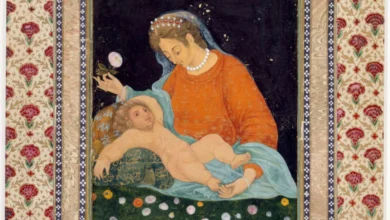Gaza: Cancer patients deprived of treatment abroad

A Gaza health official accused Israel of depriving 40 percent of cancer patients in the coastal strip from their right for treatment abroad, although they face multiple challenges locally that exacerbate their health condition.
The Anadolu Agency quoted the head of the oncology department at the Palestinian Ministry of Health, Khaled Thabet, as saying the challenges are represented by Israel’s restrictions that deprive cancer patients from their right to proper treatment and prevent the entry of necessary medicines for them.
His comment coincided with the World Cancer Day, which falls on Feb. 4 of each year.
The Palestinian Health Ministry recorded 5,320 new cancer patients in the Palestinian territories in 2021, including 1,952 cases in the Gaza Strip. Cancer is the third leading cause of death in Palestine.
On the importance of transporting cancer patients for treatment abroad instead of receiving treatment in local hospitals, Thabet insisted that hospitals in Gaza suffer from a significant shortage of radiotherapy services needed by oncology patients.
Globally, cancer is one of the leading causes of death and is one of the biggest health problems threatening the lives of citizens worldwide.
World Cancer Day is an annual event organized by the International Federation for Cancer Control to raise global awareness of the dangers of cancer, through prevention, early detection and treatment.
Marking the occasion on its Twitter account, the United Nations said that the disease “claims the lives of more than 450,000 people in the Eastern Mediterranean Region every year.”
It said that humanity can “save thousands of lives by providing fair opportunities for cancer prevention, early diagnosis and treatment.”
The World Health Organization said that World Cancer Day aims to promote awareness of cancer as a public health issue, and to strengthen actions towards improving access to quality care, screening, early detection, treatment and care.
It noted that this year’s theme marks the second year of the Bridging the Care Gap campaign, which is about understanding inequalities in cancer care and taking action to make progress to address them.
It is expected that the number of people diagnosed with cancer in 2040 will be about 50 percent higher than the 734,000 cases of cancer diagnosed each year.










